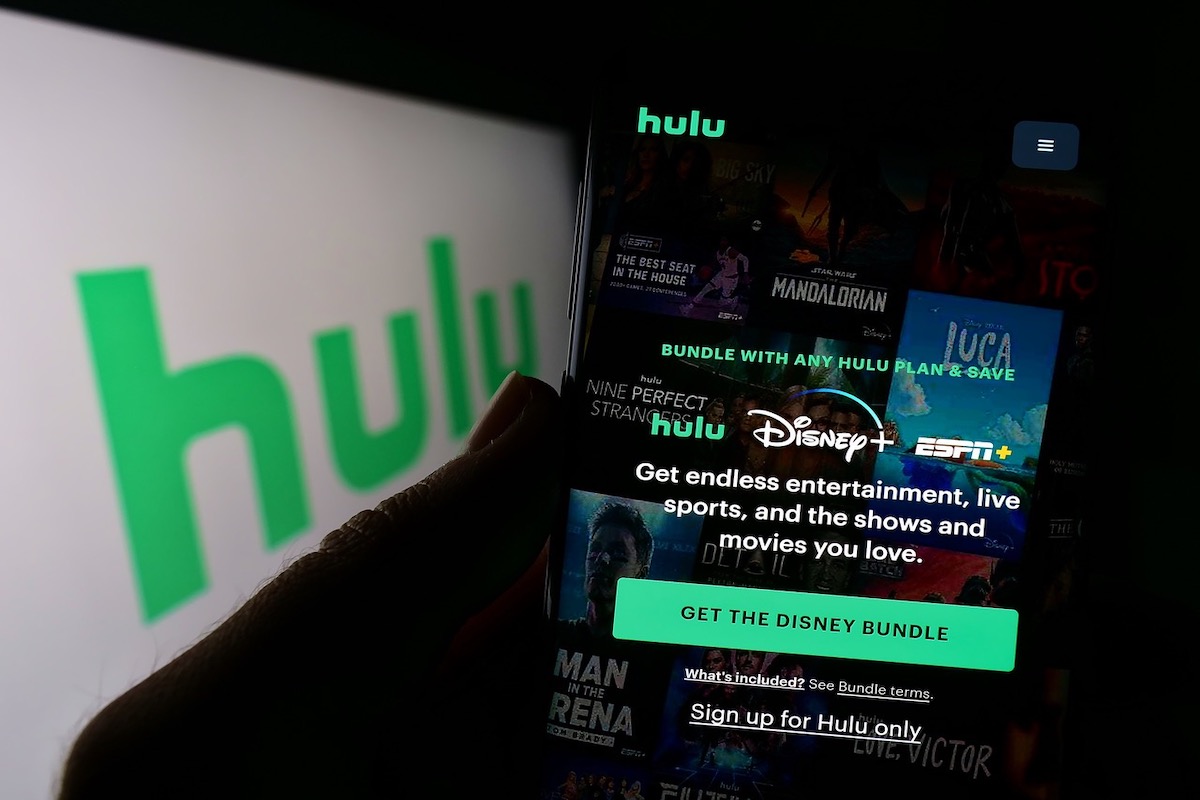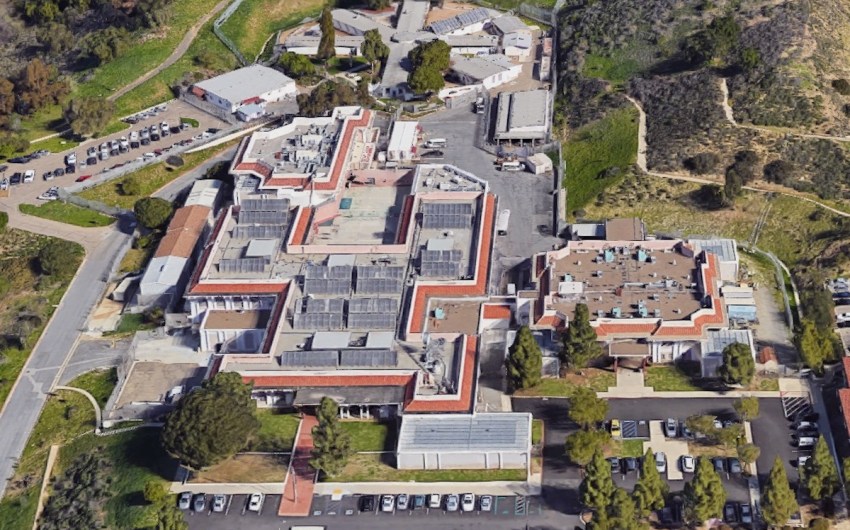Disney+, ESPN+, and Hulu Taking Santa Barbara to Court over Tax Dispute
Big Streaming Alleges City Illegally Charged More than $640,000 with ‘Cable TV’ Tax

Three of the most powerful streaming giants in the industry — Disney+, ESPN+, and Hulu — are currently suing the City of Santa Barbara for forcing the internet streaming services to pay more than $640,000 in taxes intended specifically for cable television providers, according to the lawsuit filed by Attorney Victor Jih on behalf of the three companies on April 24.
The three companies are challenging the city’s decision to “suddenly apply” its Utilities Users Tax (UUT) on the companies’ streaming services in 2022 when the city tax, the lawsuit argues, was intended specifically for “cable television.” This tax was applied to streaming services “without any notice or the required vote by the city’s residents,” the lawsuit alleges, forcing the companies to retroactively pay back taxes and penalties to the tune of more than $640,000.
Disney’s case relies on the argument that internet streaming services — despite their growing similarity to traditional cable television — do not fall under the “adopted industry understanding of channels” as “end-to-end transmission” between the supplier and subscriber. So technically, the lawsuit argues, the services should be exempt from the city’s cable TV tax.
The lawsuit is part of a wave of lawsuits filed by big streaming companies against dozens of other cities who charged the streaming giants using similar cable TV taxes.
According to the lawsuit against the City of Santa Barbara, the streaming services argue that the city had the UUT taxes in place for 13 years and hadn’t applied them to the companies until 2022, when the city decided to charge more than $450,000 in back taxes for 2018-2020 and another $150,000 in interest and penalties. When the companies filed a request to be refunded for the new charges, the city-appointed hearing officer denied the request, in what lawyers called a “sudden about-face” from the city’s original position that the UUT was “not about taxing the internet.”
In January 2023, the city’s Tax Administrator and Finance Director Keith DeMartini — who is named in another similar lawsuit — officially rejected the companies’ arguments over the technical definition of “channel,” saying that the city’s tax should be applied to “all providers of video programming.”
Under protest, the companies paid a combined $642,257, including interest and penalties, on February 22, 2024. The streaming services also submitted a new request for a refund, which was subsequently denied by DeMartini on March 19.
Another key argument the streaming companies make in the lawsuit is that video content, and the ability to distribute that content, is protected under the First Amendment, and under that interpretation, applying these taxes could be seen as “targeting protected speech for taxation and discriminating based on the content.”
The companies are suing for the full amount paid plus interest, court fees, and a declaration that the city’s application of taxes on streaming was a violation of the U.S. Constitution. The Santa Barbara City Council met under closed session on Tuesday to discuss the litigation of the cases, though the City Attorney’s Office has not commented on the matter publicly. The next court date, a case management conference with Judge Donna Geck, is set for August 24.










